The Link Between Kindness and Sports Performance
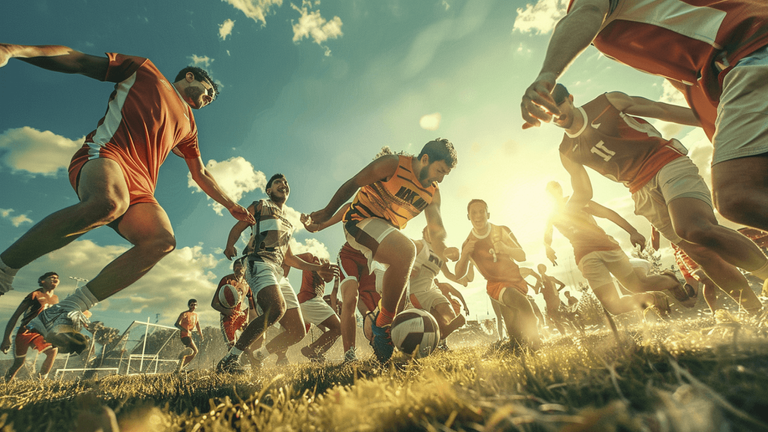
Today, we will look at how kindness can improve athletic performance, endurance, sportsmanship, team unity, and coaching effectiveness. Whether you are an athlete, coach, or sports fan, this article will show you how kindness can make a positive difference in sports. Studies show that being kind can improve athletic performance, endurance, sportsmanship, team spirit, and coaching effectiveness. This article discusses the positive effects of kindness in sports for athletes, coaches, and fans.
Science and Kindness in Sports Performance
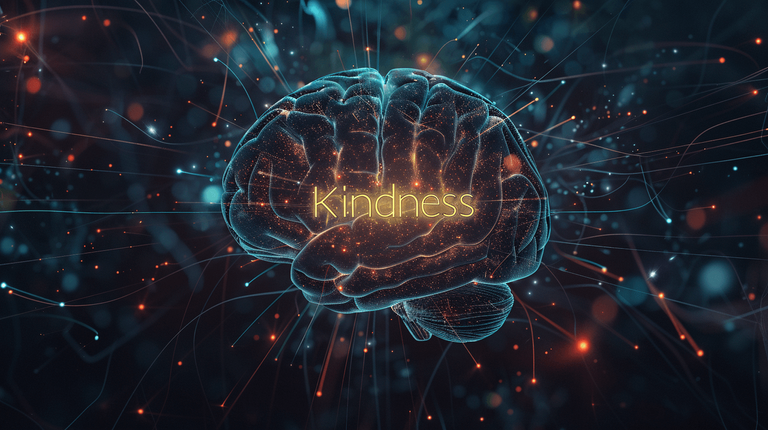
Being kind has a big impact on sports. It helps athletes focus, feel confident, and stay motivated. Kindness also helps them handle challenges and stay calm under pressure. Prioritizing kindness in sports programs improves social interactions and reduces stress for athletes of all ages. Being kind in training improves mental abilities and stress management. Recognizing the benefits of kindness creates a caring and successful athletic community.
Programs that focus on kindness consistently produce positive results in athletic performance. Recent studies show that being kind improves concentration, motivation, and cognitive skills in sports. Kindness has a big influence on athletic performance, as research shows.
Kindness Can Be a Powerful Tool for Coaches
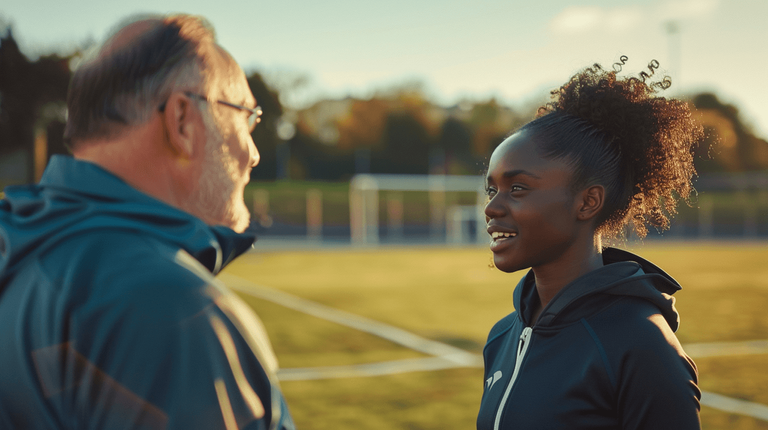
Kindness is a powerful force. It can fuel resilience, ignite passion, and drive success. It transcends boundaries and cultures, strengthening relationships and building communities.
In recent years, there has been a growing body of research on the psychological and societal benefits of kindness. This research has shown that kindness can:
- Improve mental health and well-being
- Reduce stress and anxiety
- Boost self-esteem and confidence
- Promote empathy and compassion
- Foster cooperation and teamwork
- Create a more positive and inclusive environment
Unleashing Athletes' Full Potential
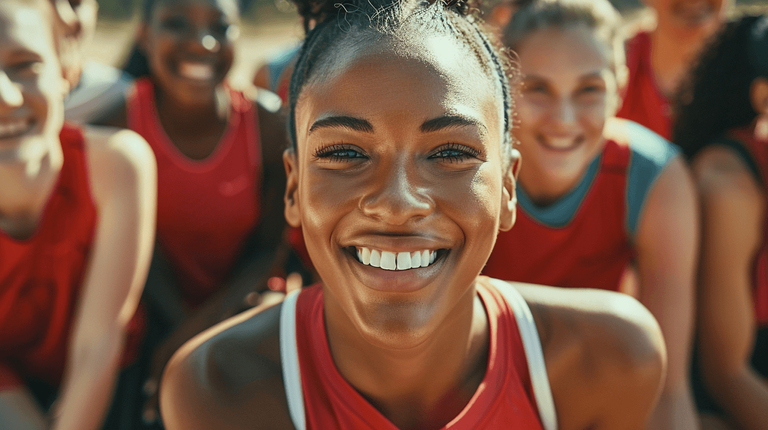
- Being kind to athletes not only benefits them individually but also has a positive impact on society. Studies show that societies that are kinder tend to be more successful, creative, and strong. In sports, kindness is important for creating a supportive environment where athletes can excel.
- When coaches are kind, they build trust and connection with their athletes, allowing them to feel secure in taking risks and trying new things. Kindness helps athletes bounce back from challenges and develop mental strength. It teaches athletes resilience and compassion towards themselves and others, enhancing teamwork.
- Kindness Can Enhance Teamwork: Being kind can improve teamwork and cooperation among athletes. When athletes feel connected to each other and their coaches, they are more likely to work together and support each other, leading to better performance and success.
Impact of Kindness on Endurance in Sports
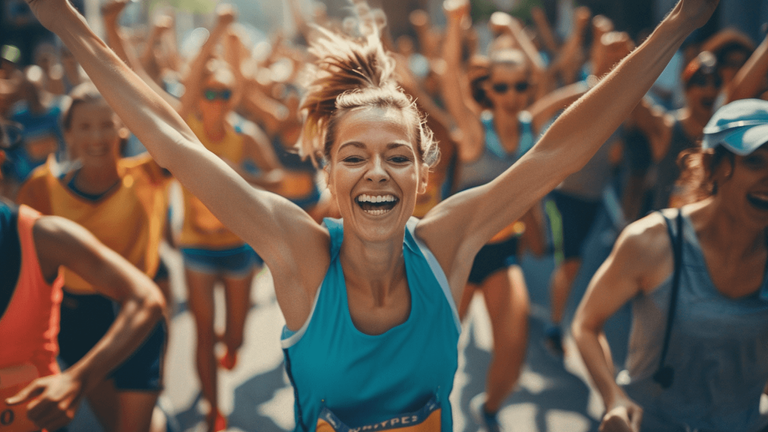
Being kind and having a positive attitude can greatly improve endurance and performance in sports. This concept is supported by various studies and practical examples.
- Reducing Stress and Anxiety: Competitive sports are often associated with high stress and anxiety levels, which can negatively affect an athlete's performance. Stress increases heart rate, affects blood oxygenation, and disrupts breathing patterns, leading to a disadvantage even before the competition starts.
- The Power of Smiling: A study by the University of Kansas demonstrated that smiling reduces stress levels and improves mood. This effect occurs even when participants are unaware they are smiling. Reduced stress through smiling can lead to lower heart rates and improved mood, beneficial for athletic performance.
- Physical Benefits of Smiling: A 2017 study found that smiling before and during a run could reduce muscle tension, leading to efficiency gains of up to 2.78% for elite runners. This relaxation improves blood flow and reduces the need for oxygen, decreasing stress hormone levels in the body.
- Neurobiological and Neurochemical Responses: Engaging in physical activities with a relaxed mindset triggers responses that lower heart rate, regulate breathing, and improve blood flow, enhancing physical performance. Usain Bolt's pre-race preparation, for example, reflected his positive nature, giving him a competitive advantage by lowering his stress levels.
- Impact on Others: Smiling and positive behavior not only benefit the individual but also positively affect those around them. This communal happiness reduces overall stress levels, contributing to higher wellbeing and physical fitness for everyone involved.
Expressed through behaviors like smiling, kindness, and positivity can significantly improve athletic performance. They help manage stress, enhance physiological responses, and foster a supportive environment, which is critical for endurance and success in sports.
Self‐Compassion in Sport and Exercise
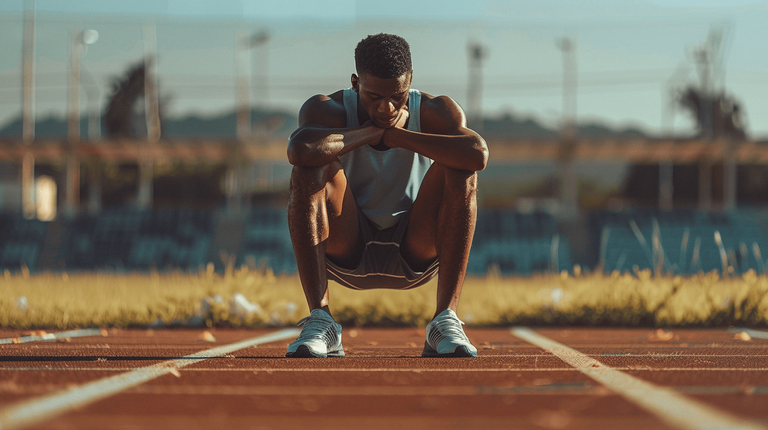
Being kind to yourself is important in sports and exercise. It helps athletes deal with failures better than being hard on themselves. Studies show that self-compassion can make athletes feel better, handle tough situations, and perform better. Even though many think that being tough on oneself is necessary for improvement in sports, research has found that being kind to oneself is more helpful.
Programs like Resilience and Enhancement in Sport, Exercise, & Training (RESET), based on Mindful Self-Compassion, have shown promise in increasing self-compassion and improving athlete performance. More research is needed to understand what makes self-compassion programs work and how they can help athletes in different sports
**Amber D. Mosewich **
Faculty of Kinesiology, Sport, and Recreation, University of Alberta, Edmonton, Alberta, Canada
Additional Kindness Challenge Ideas
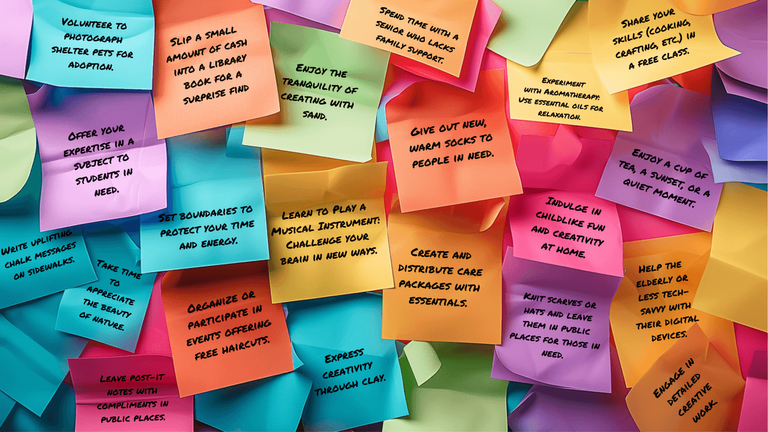
Print and Hand Out “You Matter" Cards!
- Hidden Cash in Library Books: Slip a small amount of cash into a library book for a surprise find.
- Compliment Post-Its: Leave post-it notes with compliments in public places.
- Adopt a Grandparent: Spend time with a senior who lacks family support.
- Care Packages for Homeless: Create and distribute care packages with essentials.
- Encouraging Chalk Messages: Write uplifting chalk messages on sidewalks.
- Offer Free Haircuts for the Homeless: Organize or participate in events offering free haircuts.
- Knit for the Needy: Knit scarves or hats and leave them in public places for those in need.
- Offer Free Tech Help: Help the elderly or less tech-savvy with their digital devices.
- Free Tutoring Sessions: Offer your expertise in a subject to students in need.
- Offer a Free Workshop: Share your skills (cooking, crafting, etc.) in a free class.
- Help Animals Get Adopted: Volunteer to photograph shelter pets for adoption.
- Distribute Warm Socks: Give out new, warm socks to people in need.
Here Are Some Ideas for Self Kindness

- Savor Small Pleasures - Enjoy a cup of tea, a sunset, or a quiet moment.
- Say No When Needed - Set boundaries to protect your time and energy.
- Watch the Sunrise or Sunset - Take time to appreciate the beauty of nature.
- Build a Fort: Indulge in childlike fun and creativity at home.
- Learn to Play a Musical Instrument: Challenge your brain in new ways.
- Try Sand Art: Enjoy the tranquility of creating with sand.
- Experiment with Aromatherapy: Use essential oils for relaxation.
- Take a Pottery Class: Express creativity through clay.
- Build a Miniature Model: Engage in detailed creative work.
- Practice Photography: Capture moments and beauty around you.
- Learn Magic Tricks**: Amuse yourself and others.
- Practice self-kindness by forgiving yourself for past mistakes or perceived failures. Embrace growth, learn from experiences, and move forward with compassion.
Well that's all for today, come back again tomorrow for another kindness fact and challenge!
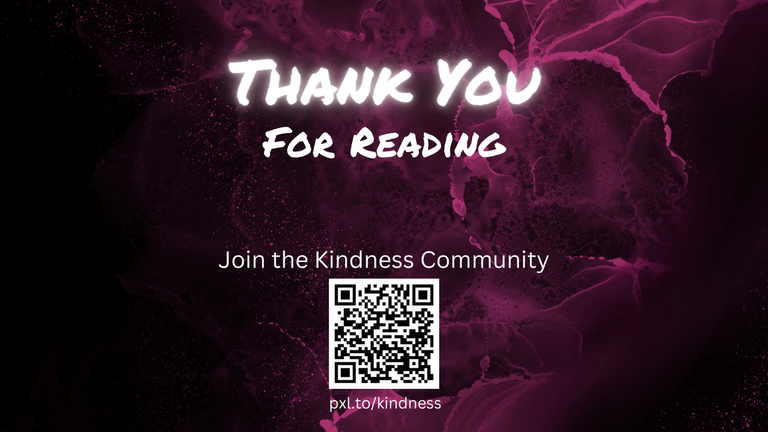
👇Share Your Thoughts Below👇
#kindness #cwh #dreemkindness #dreemport #dreemforlife #hivekindness #kindnesschallenge #kindnessmatters #sports #mentalhealth #pob
Images used were created in MidJourney and Canva. I hold a commerciel licence.